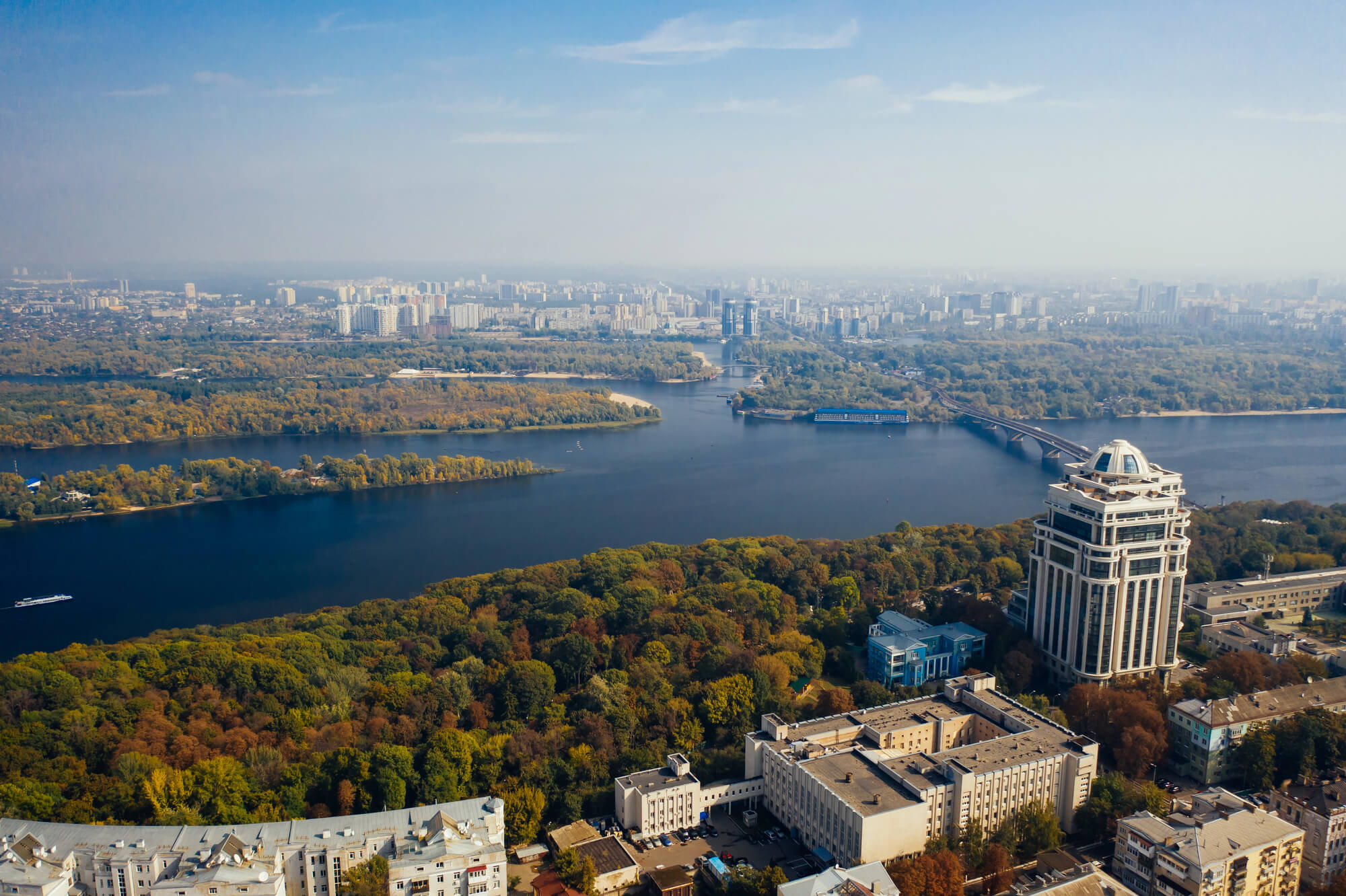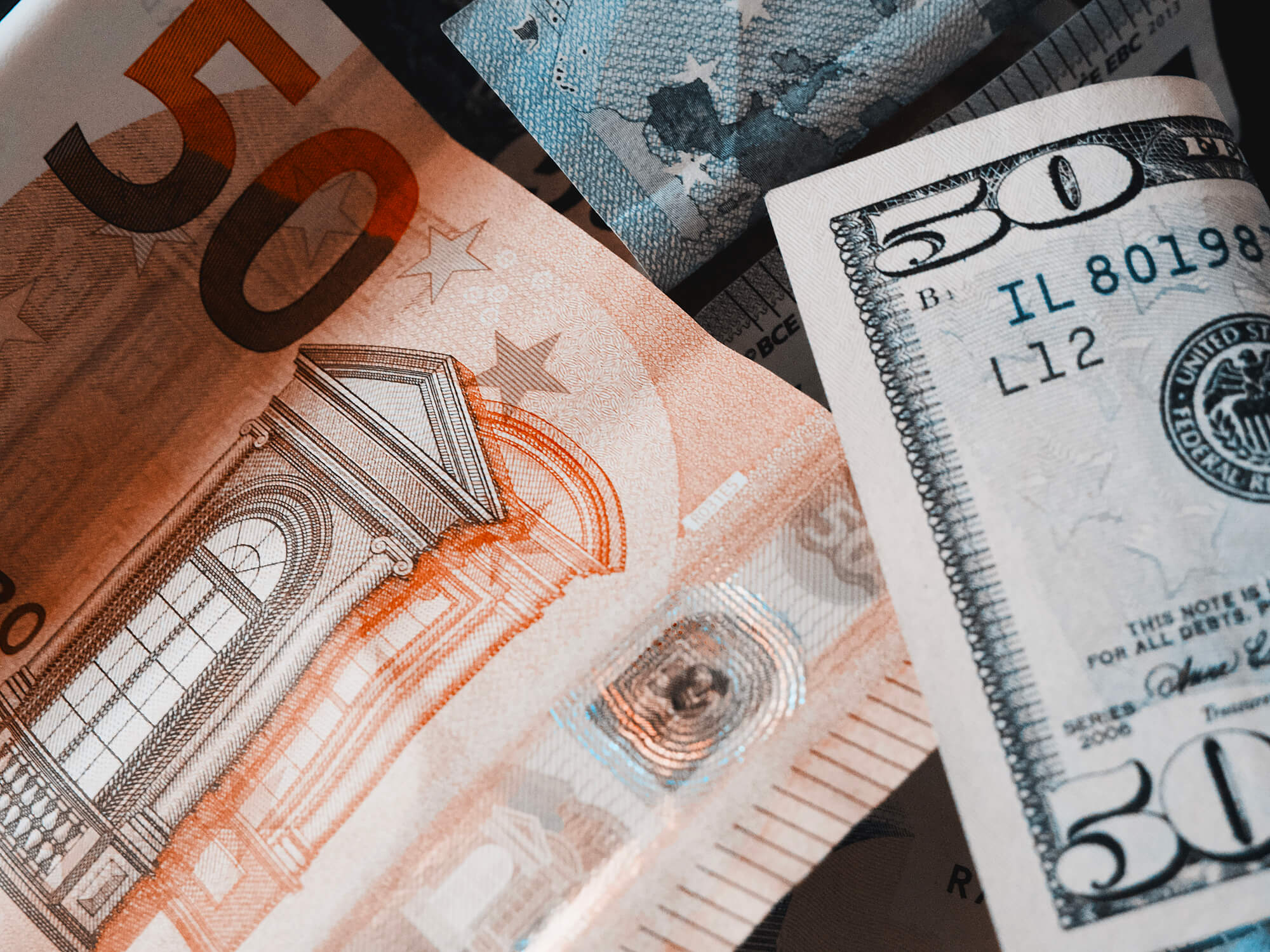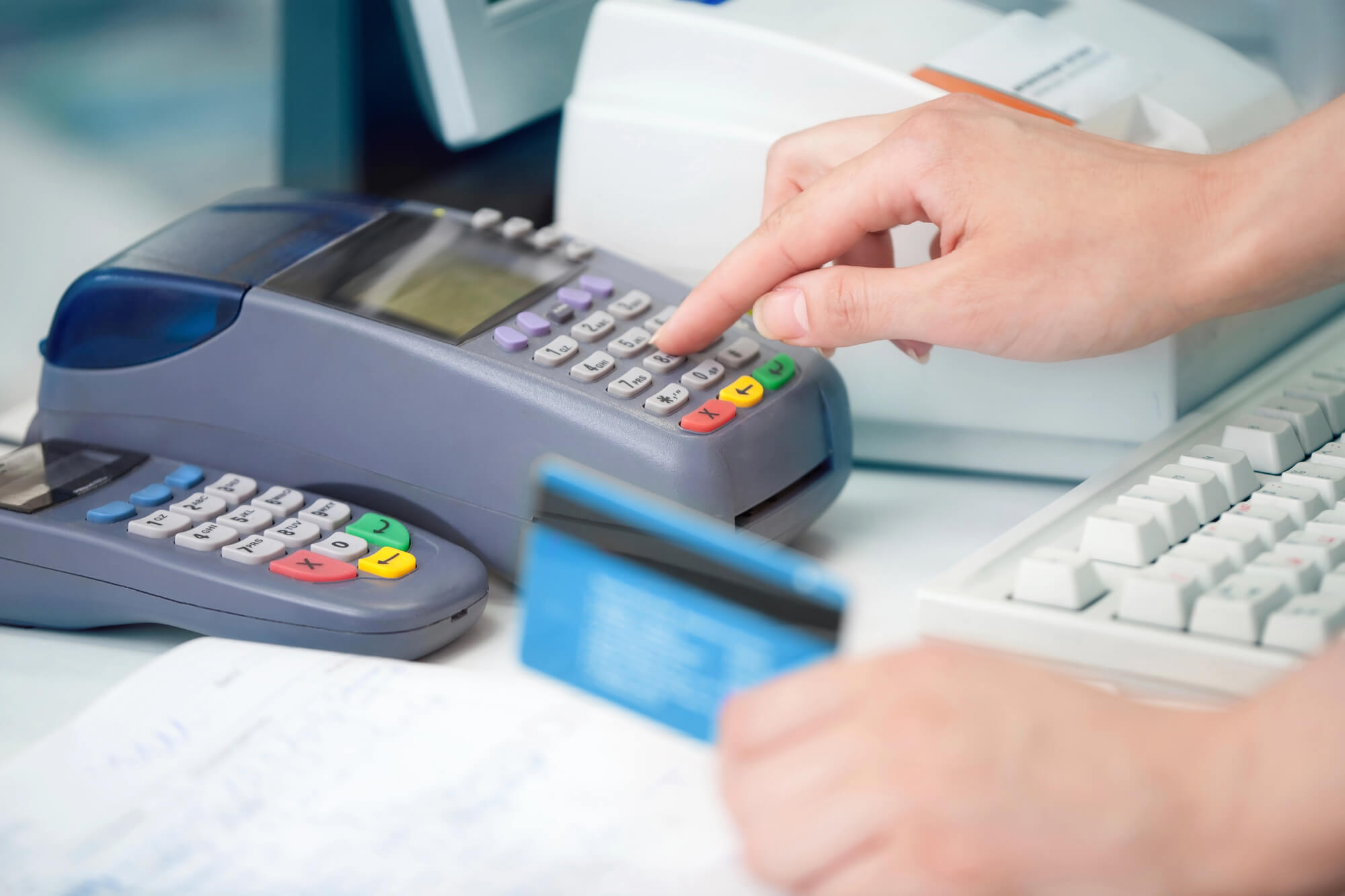The primary reasons driving the observed collapse were (i) a strong confidence crisis, reinforced by the ongoing Russo-Ukrainian conflict in eastern Ukraine, lack of external financing and weak financial sector, and (ii) a critically low level of international reserves[1], precluding the National Bank of Ukraine (NBU) from any meaningful, credible intervention to stabilize the foreign exchange market.
The announcement of a staff-level agreement with the IMF on a new $17.5 billion Extended Fund Facility (EFF) program, coupled with IMF Managing Director’s statement that the total package of external support to Ukraine would total $40 billion over the next four years, failed to strengthen market confidence. The potentially calming effect of the program was overpowered by the panic associated with cease-fire negotiations and military escalation in Debaltseve.
What can be done to alleviate pressure on hryvnia?
The official exchange rate is determined as weighted average in the interbank foreign exchange market where demand meets supply. Obviously, any solution to the problem should aim at containing demand and increasing supply of foreign exchange. For the supply side, little can be done in the short run. The key date here is March 5th, when the IMF Executive Board will likely decide the fate of the new program. Since the program is frontloaded, the first tranche will be available immediately and will amount to $5 billion, helping shore up reserves and allowing the NBU to credibly intervene at the time of stress.
On the demand side, because squeezing hryvnia liquidity for several weeks might prove to be too costly, the NBU can therefore (i) re-introduce a range of temporary administrative measures and (ii) greatly expand its communication of all aspects of the EFF program once it’s approved and available to public.
The temporary administrative measures might include prohibition of advance import payments, uniform verification and approval of all import contracts, above some low threshold, by the tax authorities and the NBU staff with, e.g., a one-week delay, introduction of a “critical imports” list and the power to reject claims for foreign exchange outside the list. On the capital account side, the measures may include the freeze of any new lending in foreign currency to residents and non-residents, temporary moratorium on a range of payments to non-residents related to transfers of principal and interest due, payments of fees and commissions, transfers of dividnds to foreign partners in domestic joint ventures, temporary restrictions on direct investment abroad for already approved individual licenses, etc. The NBU can also invoke the elements of a special regime of the foreign-exchange control and operations envisaged in its Resolution № 60 (February 18, 2004). Once the $5 billion tranche arrives and the market stabilizes, the NBU could start gradually phasing out these measures.
At the same time, the government of Ukraine should focus on delivering on the EFF program prior actions, which includes passing through the Verkhovna Rada–Ukraine’s parliament–a 2015 supplementary budget law and the associated package of tax and expenditure legislation.
Some of these steps are already happening. The Rada is supposed to vote on modifications to the budget law on March 3rd. The NBU introduced some capital controls. While there could be loopholes in the controls, the speculative demand for currency is likely to diminish in the short run. One aspect of the NBU policies that appears to lag behind is communication. Many economic agents are confused by the wild gyrations of the hryvnia. The public needs more information. Explaining what to expect next can prove critical in restoring confidence.
Notes
[1] The NBU held $6.4 billion in reserves at the end of January 2015, equivalent to 1.3 months of 2015 imports or 15 percent of short-term debt at remaining maturity.
Attention
The author doesn`t work for, consult to, own shares in or receive funding from any company or organization that would benefit from this article, and have no relevant affiliations




